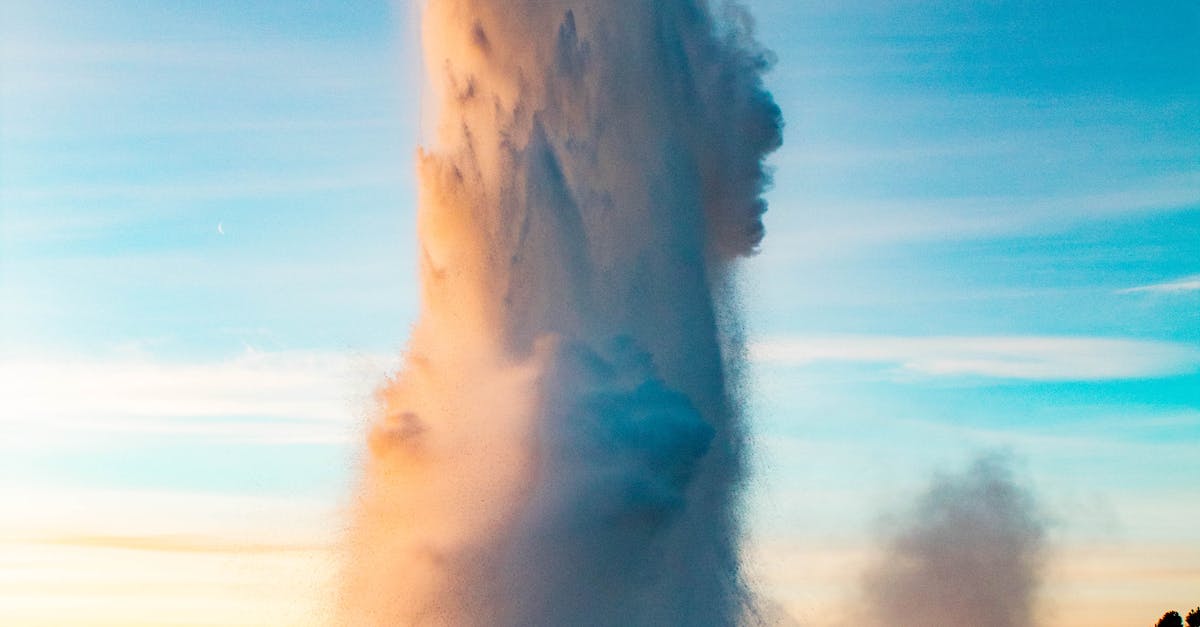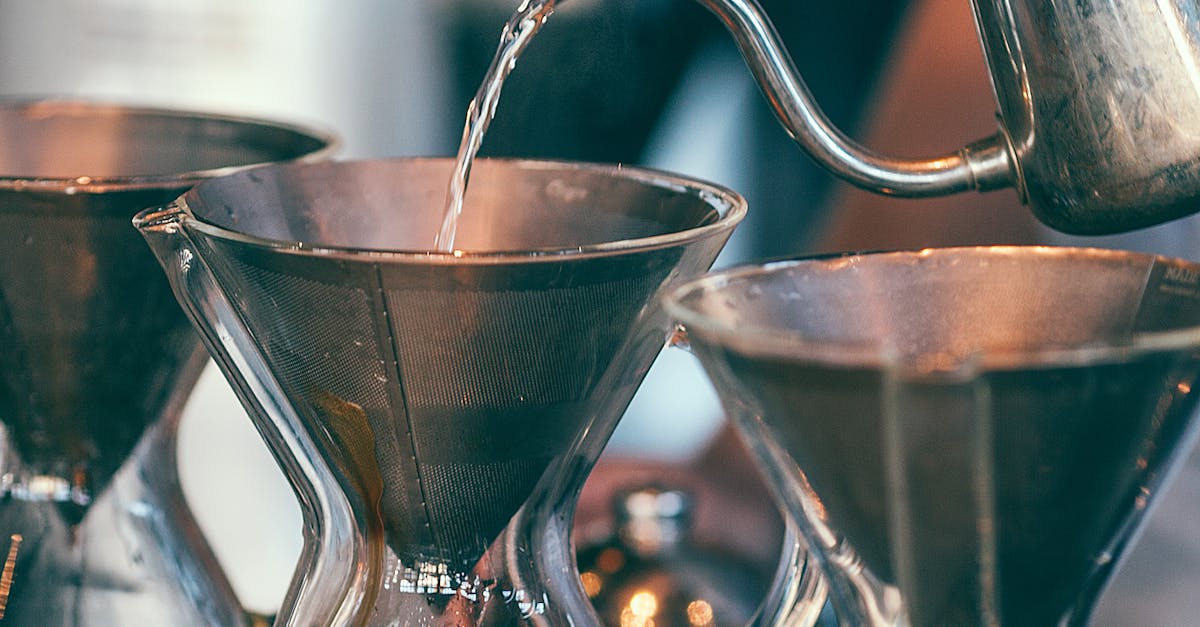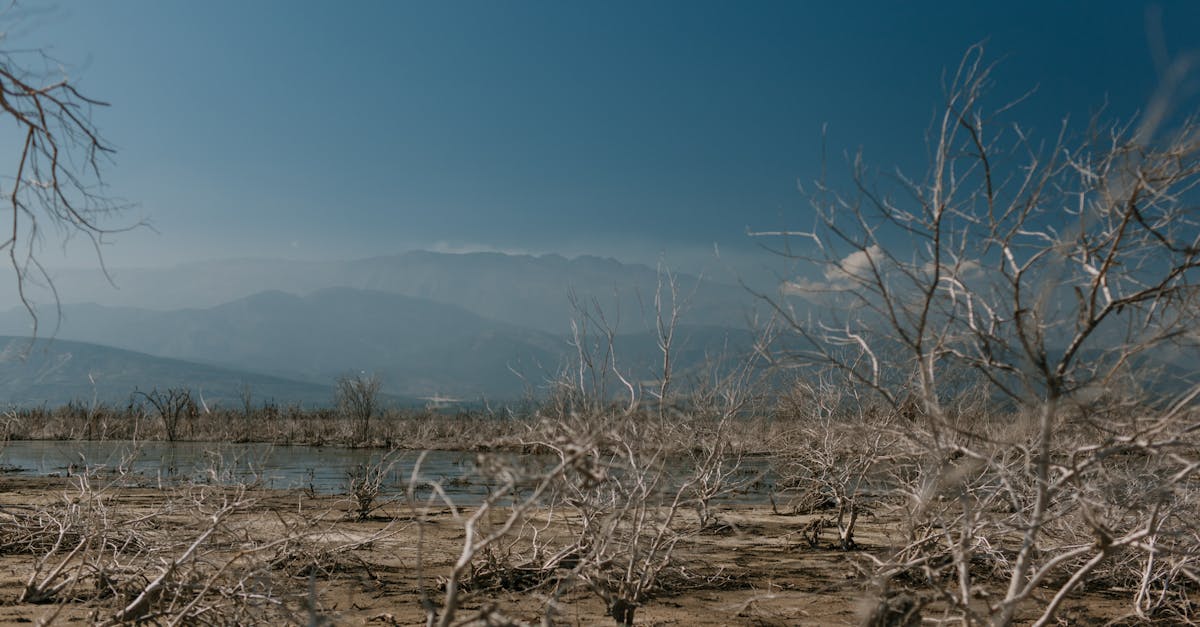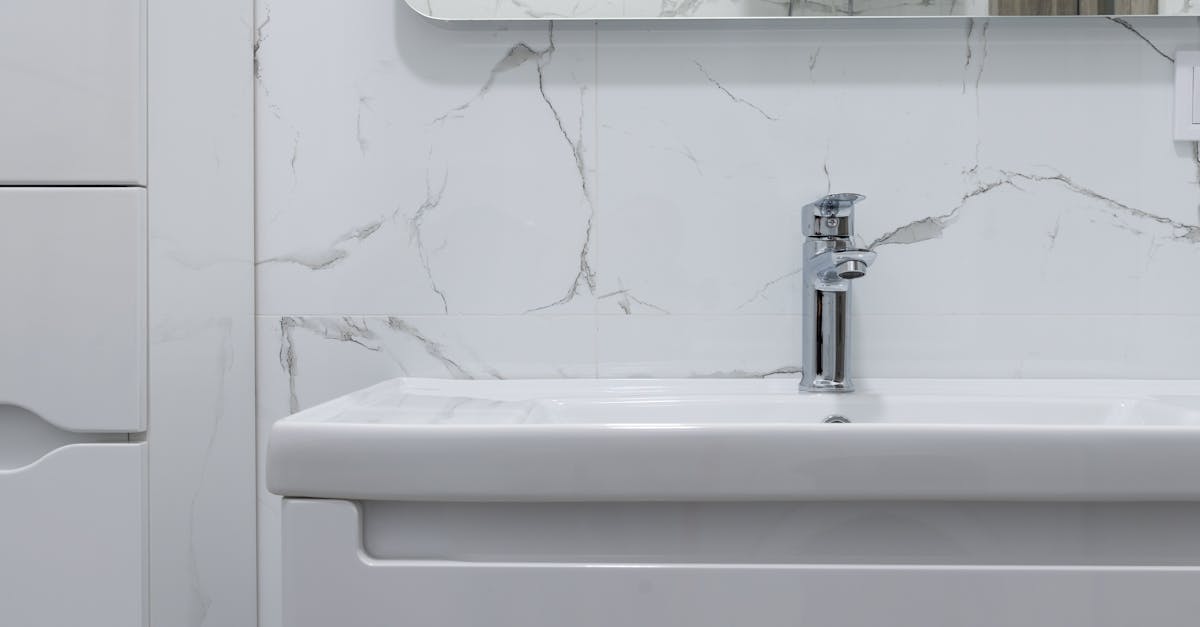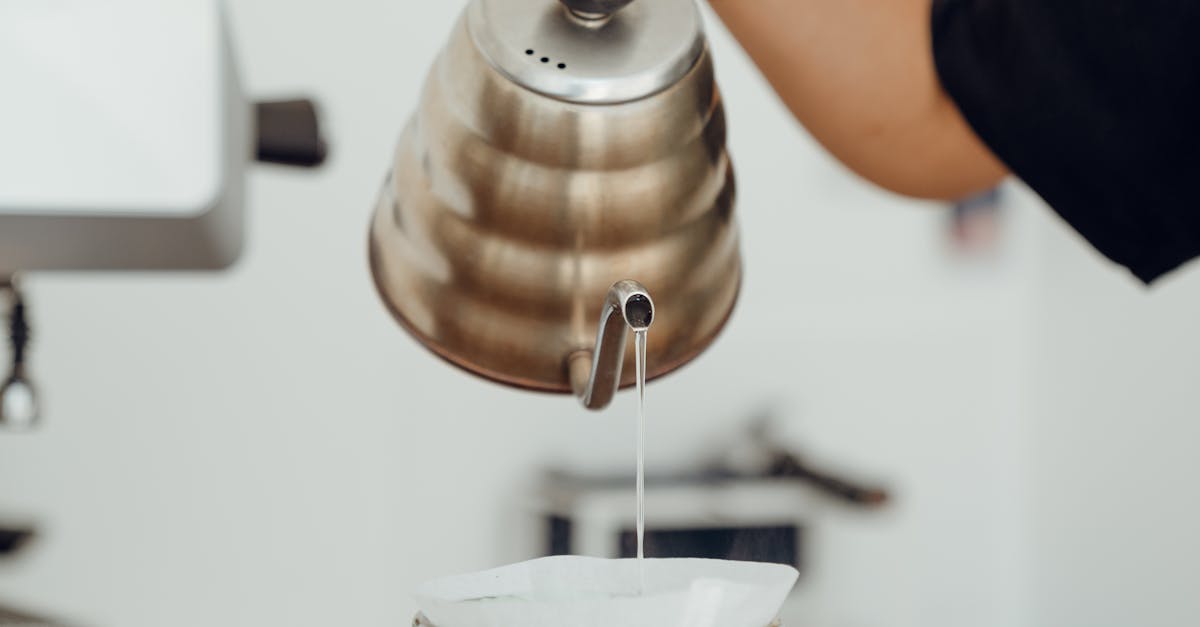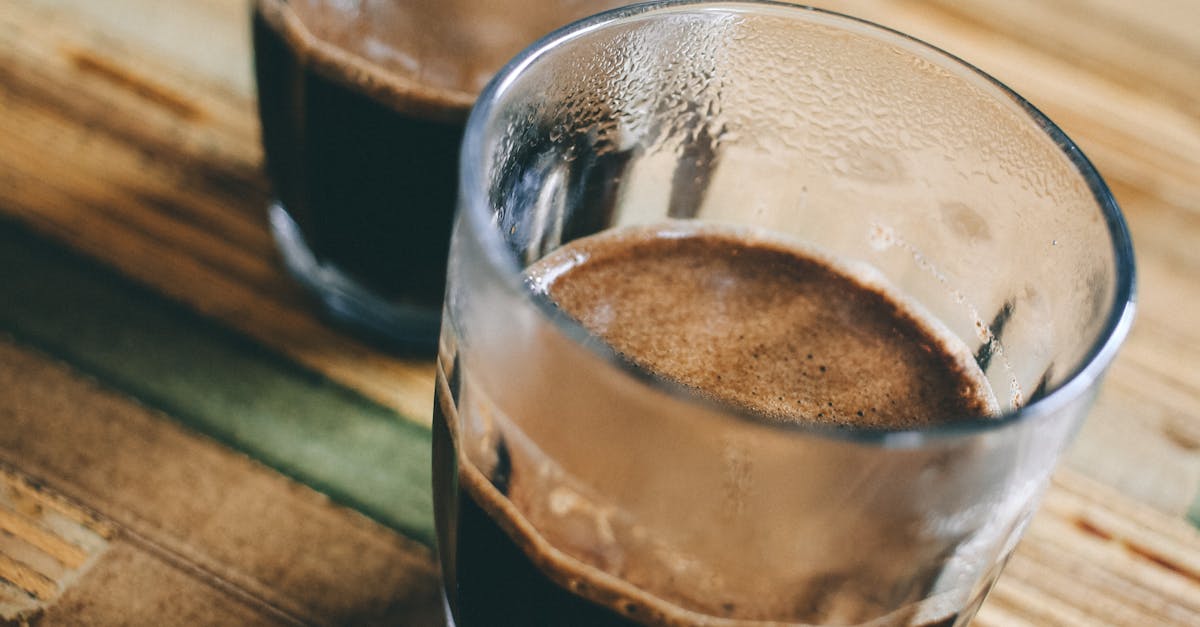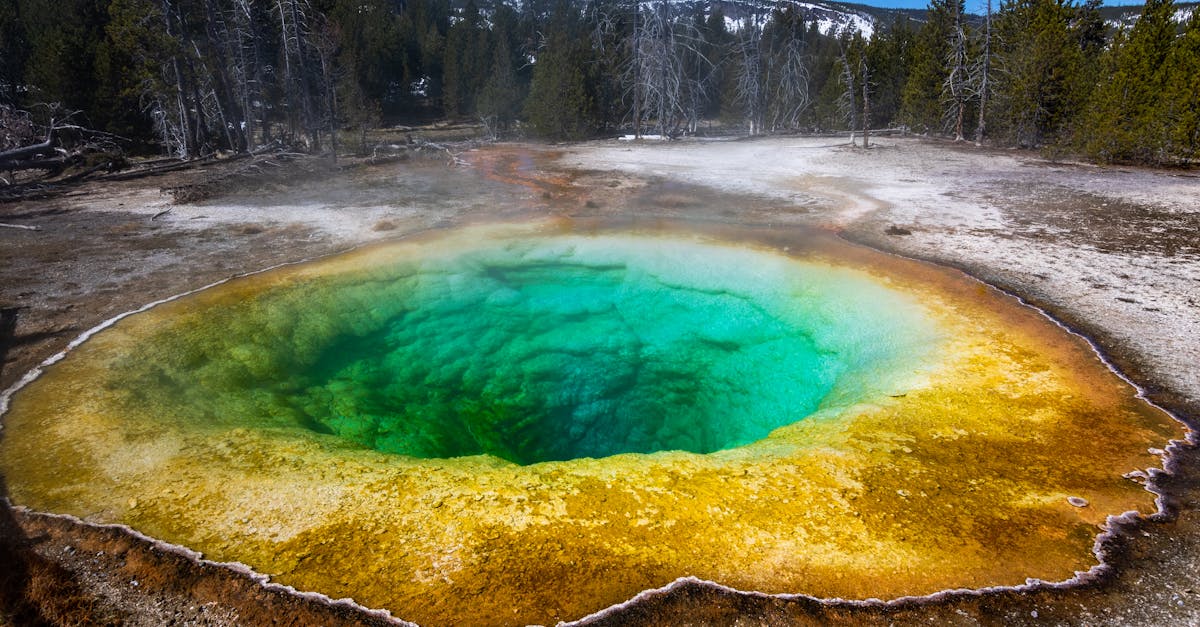
Table Of Contents
Understanding the Role of the Gas Control Valve in Your Rheem Water Heater
A crucial component of your Rheem water heater is the gas control valve, responsible for regulating the flow of gas to the burner assembly. When this valve malfunctions, it can lead to issues with heating the water. A common problem is the valve getting stuck, preventing the gas from reaching the burner to ignite the heating process. In such cases, troubleshooting the gas control valve can help in identifying the root cause of the heating problems.
Hot Water System Troubleshooting for your Rheem water heater should include checking the gas control valve for any signs of wear, corrosion, or blockages. Additionally, ensuring that the valve is set to the correct temperature and the pilot light is lit properly is essential for optimal performance. Regular maintenance of the gas control valve can prevent potential issues, prolong the lifespan of your water heater, and ensure a consistent supply of hot water when needed. By understanding the role of the gas control valve and its maintenance requirements, you can address heating issues promptly and maintain the efficiency of your Rheem water heater.
Pilot Light Failures
Hot Water System Troubleshooting: Pilot light failures are a common issue that can prevent your Rheem water heater from heating up efficiently. When the pilot light goes out, it disrupts the ignition process, resulting in the lack of hot water production in your system. This can be caused by various reasons such as a faulty thermocouple, a clogged pilot orifice, or even issues with the gas supply to the pilot light.
If you are experiencing pilot light failures in your Rheem water heater, it is crucial to address the issue promptly to restore hot water supply in your home. Ignoring these issues can lead to further complications and potential hazards. Contacting a professional plumber to troubleshoot and rectify the pilot light problems is advisable to ensure the safe and efficient operation of your water heating system.
Importance of Regular Maintenance for Your Rheem Water Heater
Regular maintenance is essential for ensuring the optimal performance and longevity of your Rheem water heater. Neglecting maintenance can lead to a host of issues, such as inefficient heating, increased energy consumption, and potential breakdowns. By scheduling regular maintenance checks and servicing for your water heater, you can address any minor issues before they escalate into larger problems, ultimately saving you time and money in the long run.
One of the key aspects of regular maintenance is to conduct comprehensive checks on the various components of your Rheem water heater. This includes inspecting the pilot light, checking for signs of sediment buildup, and ensuring the gas control valve is functioning correctly. By proactively addressing any issues that arise during these checks, you can prevent sudden breakdowns and ensure that your hot water system continues to operate efficiently. Stay on top of your maintenance schedule to keep your Rheem water heater in top condition and minimise the need for Hot Water System Troubleshooting.
Prolonging Lifespan and Performance
Regular maintenance is essential for maintaining the longevity and performance of your Rheem water heater. By following the manufacturer's guidelines for upkeep, such as flushing the tank and checking the sacrificial anode rod, you can help prevent issues that may hinder its functionality. Additionally, scheduling annual inspections by a professional technician can address any potential problems early on, ensuring your hot water system remains in optimal condition.
To further enhance the lifespan and performance of your Rheem water heater, consider investing in a water softener if you live in an area with hard water. Hard water can cause mineral buildup within the tank, reducing its efficiency over time. By addressing this issue proactively, you can prolong the functionality of your hot water system and decrease the likelihood of encountering problems in the future. Remember, proactive maintenance and care are key components of Hot Water System Troubleshooting.
Potential Gas Line Problems in Your Rheem Water Heater
When dealing with potential gas line problems in your Rheem water heater, it is crucial to address any issues promptly to ensure the safety and efficiency of the unit. Gas line problems can lead to a disruption in the heating process of the water, causing inconvenience and discomfort. If you suspect a gas line issue with your Rheem water heater, it is recommended to seek professional assistance immediately to prevent any further complications.
Hot Water System Troubleshooting requires a thorough inspection of the gas lines to identify any leaks or blockages that may be hindering the heating operation of your Rheem water heater. Regular maintenance and checks on the gas lines can help prevent potential problems and ensure the smooth functioning of the unit. By promptly addressing any gas line issues, you can restore the hot water supply in your home and maintain the performance of your Rheem water heater for an extended period.
Gas Leak Hazards
Gas leak hazards in your Rheem water heater can pose serious risks to your home and family. If you suspect a gas leak, it is crucial to act swiftly and cautiously. These leaks can lead to potential fires or even explosions if left unaddressed. As part of your Hot Water System Troubleshooting, always be vigilant for the smell of gas around your water heater and pay attention to any hissing sounds coming from the unit.
Gas leaks are not only harmful due to their flammability but also because they release carbon monoxide, a poisonous gas that is colourless and odourless. Exposure to carbon monoxide can have severe health consequences, including dizziness, headaches, and nausea. It is essential to keep your gas line and connections in good condition to prevent leaks and ensure the safety of your household. Regular inspections as part of your Hot Water System Troubleshooting routine can help detect potential issues before they escalate, ultimately protecting your home and loved ones.
FAQS
Why is my Rheem water heater not heating up?
Your Rheem water heater may not be heating up due to a malfunctioning gas control valve, pilot light failures, lack of regular maintenance, or potential gas line problems.
How can I troubleshoot a Rheem water heater that is not heating?
You can troubleshoot a Rheem water heater that is not heating by checking the gas supply, ensuring the pilot light is lit, inspecting the gas control valve, and scheduling regular maintenance with a professional.
What should I do if my Rheem water heater is not producing hot water?
If your Rheem water heater is not producing hot water, you should first check the pilot light, gas control valve, and gas supply. If these components are functioning properly, it may be time to call a professional for further inspection.
How often should I schedule maintenance for my Rheem water heater?
It is recommended to schedule maintenance for your Rheem water heater at least once a year to ensure optimal performance and prolong its lifespan. Regular maintenance can help prevent issues that may cause your water heater to stop heating.
Are gas line problems common in Rheem water heaters?
Gas line problems can occur in Rheem water heaters, leading to issues with heating. It is important to regularly inspect the gas lines for leaks or blockages to prevent potential hazards and ensure efficient operation of your water heater.














